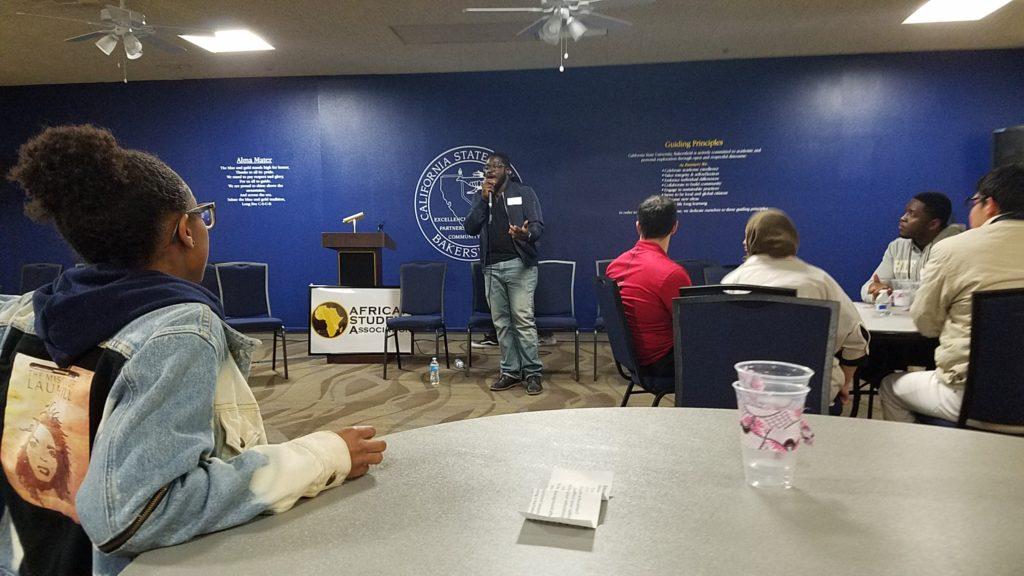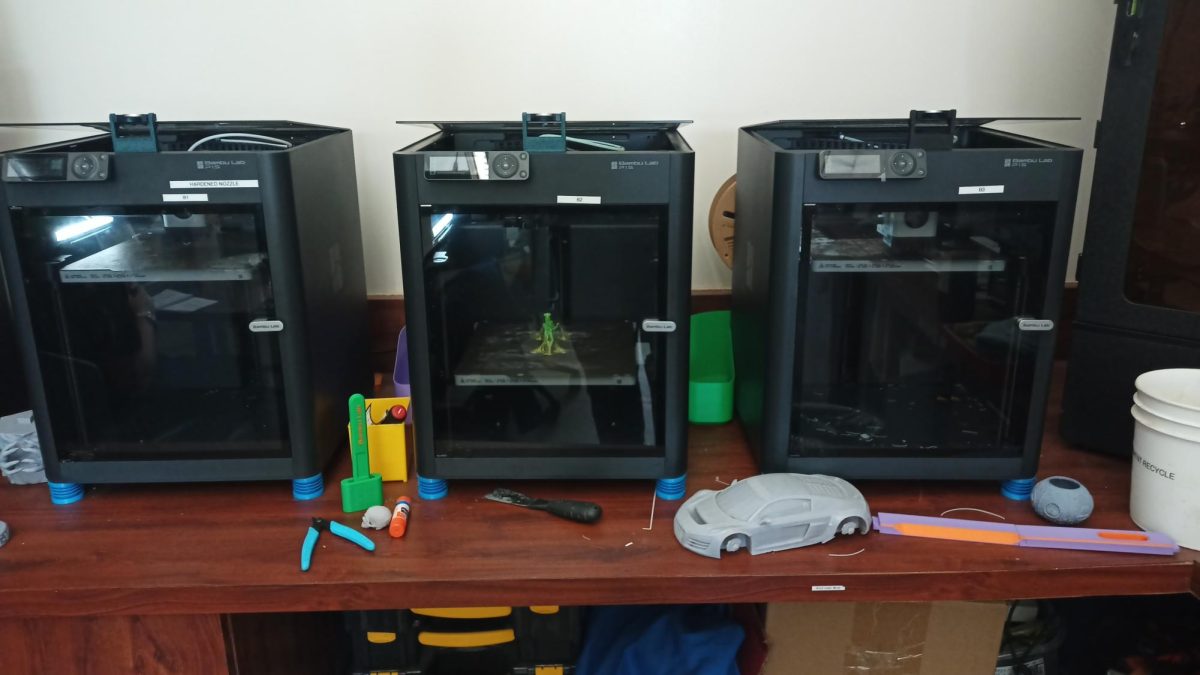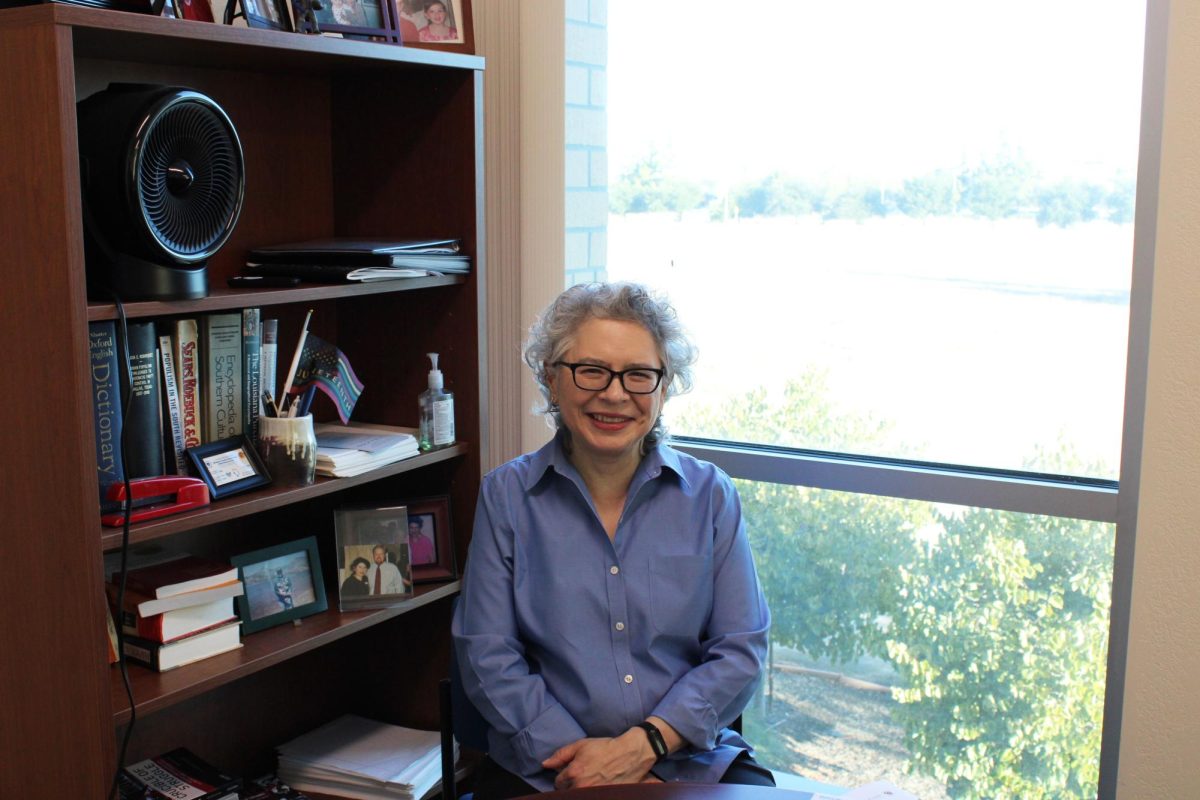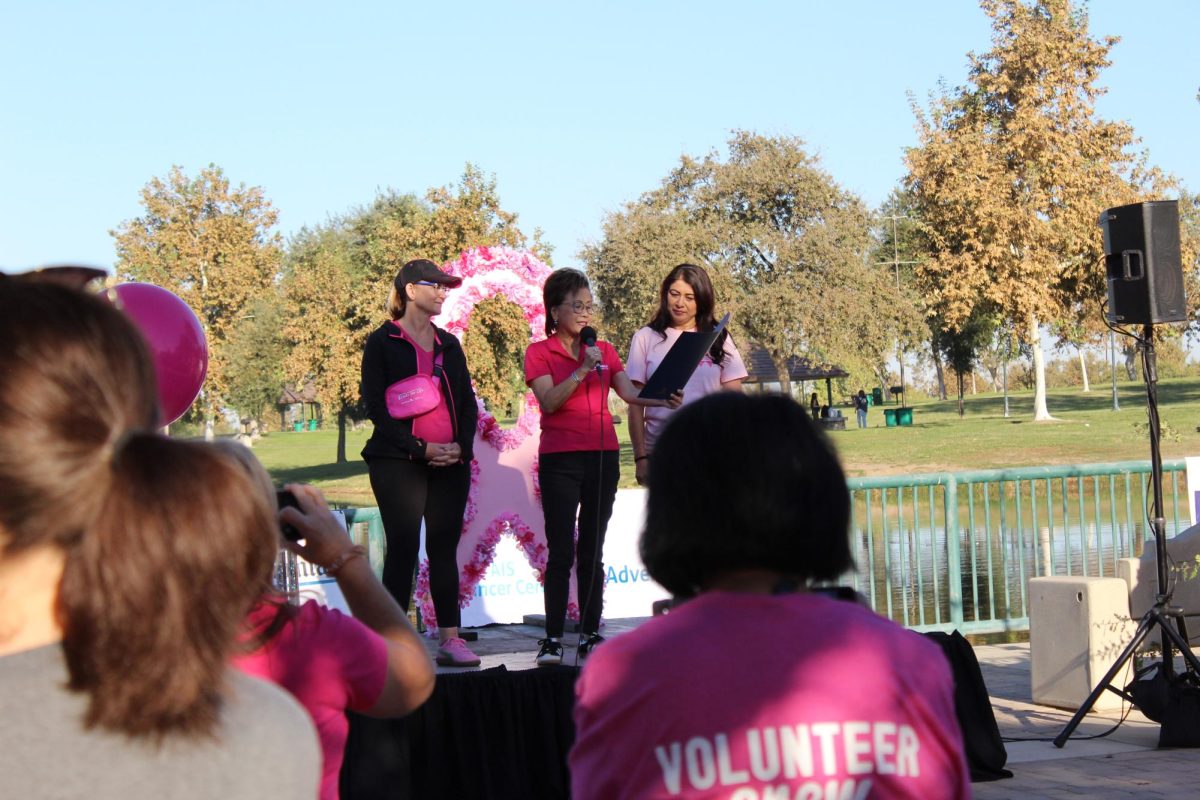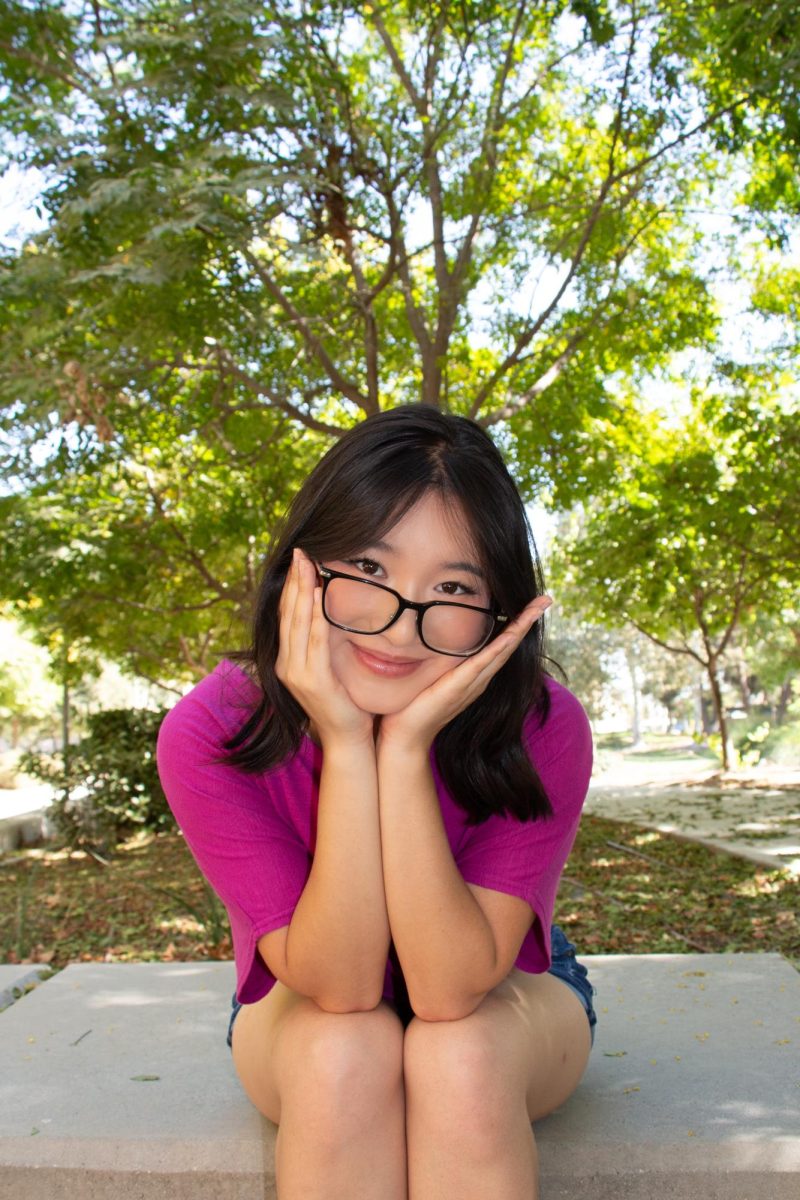By Christopher Sanchez
Reporter
Students at CSU Bakersfield came together to have an honest and open discussion about race, origin, privilege, education, and colorism.
The African Student Association hosted Exploring Diversity, The Afro Experience, African American and African Culture: What’s the Difference, on Feb. 8 in the Stockdale Room.
“This event is for students to know the differences between African cultures,” said Precious Nwaoha, ASI executive vice president and event organizer. “It’s open to all students. We want students to know what our culture is.”
“Many people do not know the difference from African to African American,” said Favour Epuna, junior, international student, geology major. “We have different cultures and religions.”
Mohammed Cook, ASI vice president of campus life, asked if everyone would participate in the “Privilege Activity.”
“This activity was done at CSUnity. They did it two years ago. It’s become a viral discussion,” said Cook.
Cook asked a range of questions about students, their families, race, prejudice, income levels, and various privileges they received. Each time a participant answered “yes” to a question, they had to step forward.
“There’s no way to register privilege and that was the point of this exercise,” said Cook.
Participants ranged in distance by the end of the activity.
“Privilege is different amongst all races,” said Lota Nwobu, CSUB alumni and graduate student in social work. “What privilege is in your race is and could be different from mine.”
ASA assembled a panel of ten to hold discussions at each table. Panel members included students, faculty, graduates, and international students. Each panel member paired off and held very honest, personal, and truthful discussions at different tables.
Paulina Sylvester, a junior in business marketing and Beni Missidimbazi an international student and junior geology major led the discussion on colorism. Colorism is the prejudice or discrimination against individuals with a dark skin tone. It occurs among people in the same ethnic or racial group.
Both spoke about their experiences in colorism.
“Back home we consider lighter more attractive,” said Missidimbazi. “This leads to a lot of problems like skin bleaching. Having lighter skin doesn’t mean you’re better than having darker skin. It doesn’t help you, it’s just more attractive.”
“We hear it too within our culture and it goes both ways,” said Sylvester. “Differences in skin color doesn’t mean you’re less black. I’ve been told “you’re not black enough to make that joke.” How are you going to tell me that? I fill in the same bubble as you do. It’s sad that it comes from within.”
Cook ended the night with a heartfelt message.
“We created these groups so you would never feel alone. We need to bridge the culture of our backgrounds. Discussion is the first step in forward thought.”



